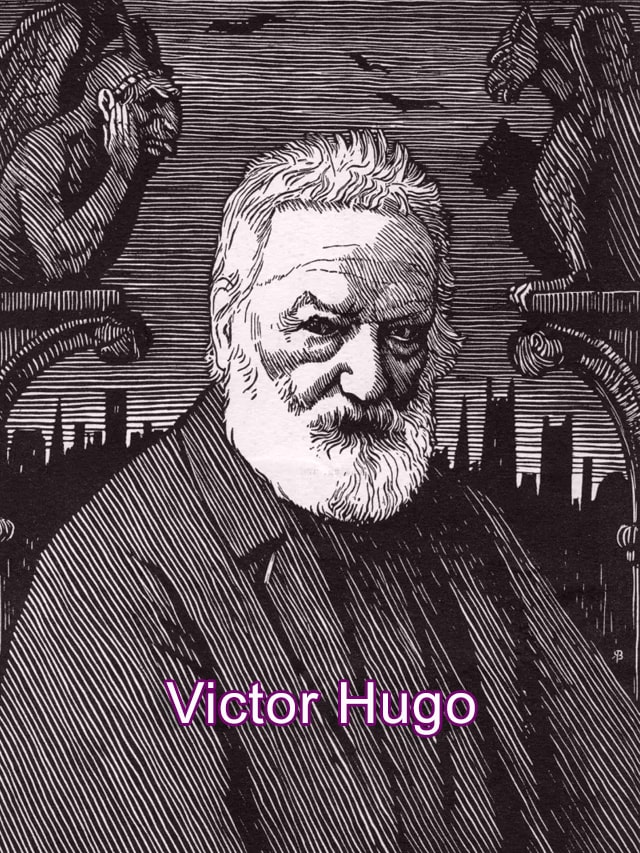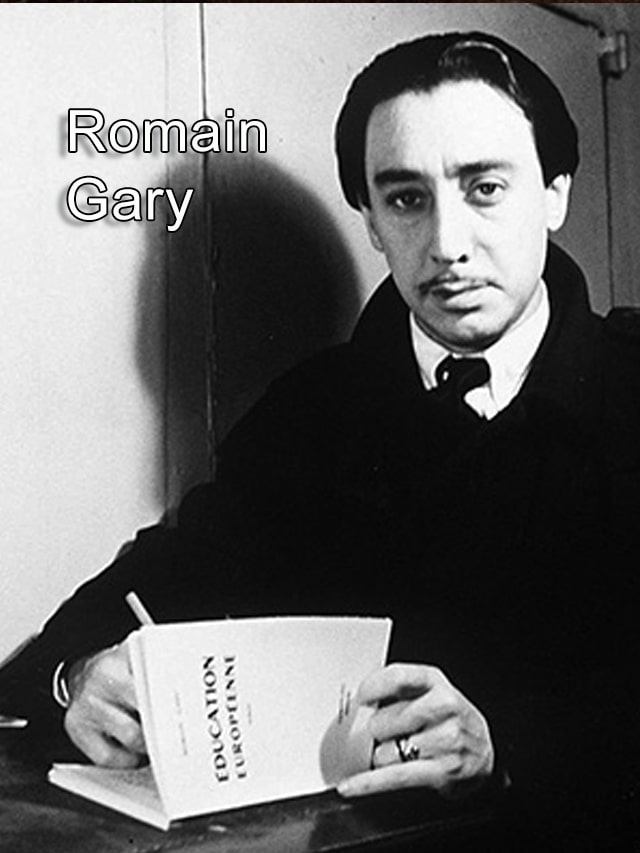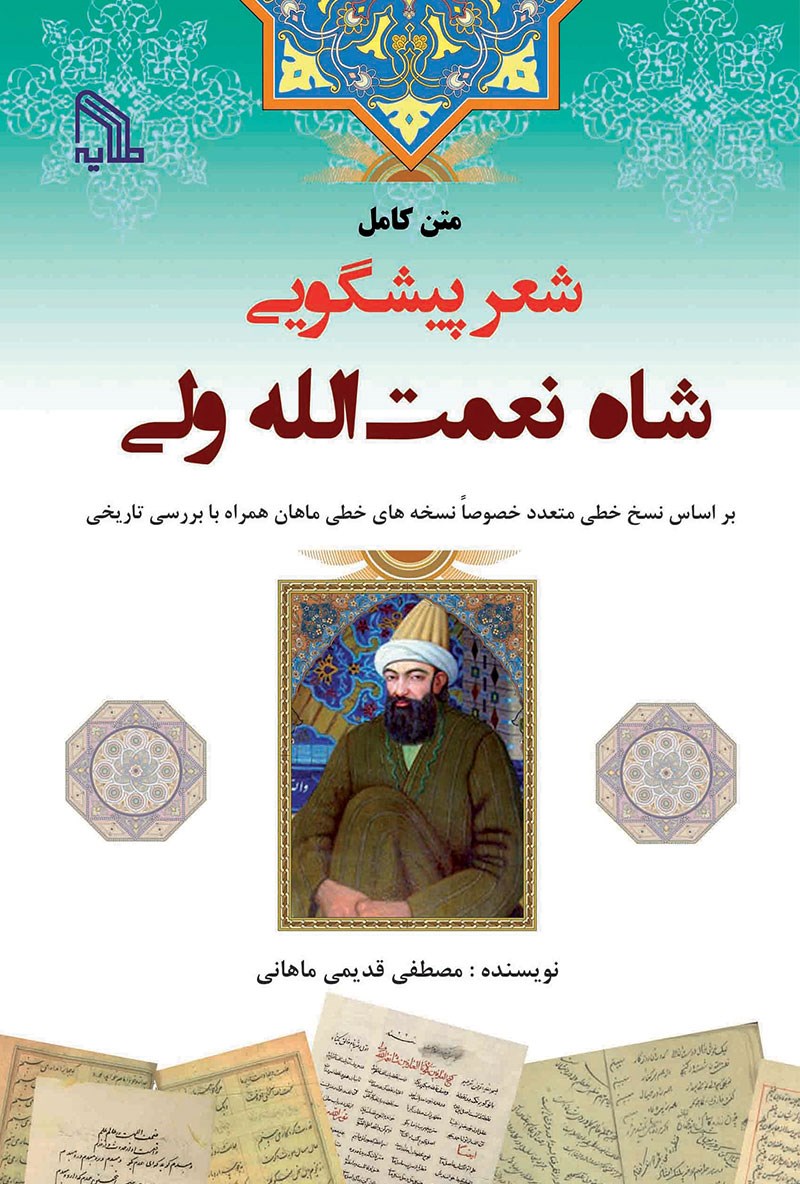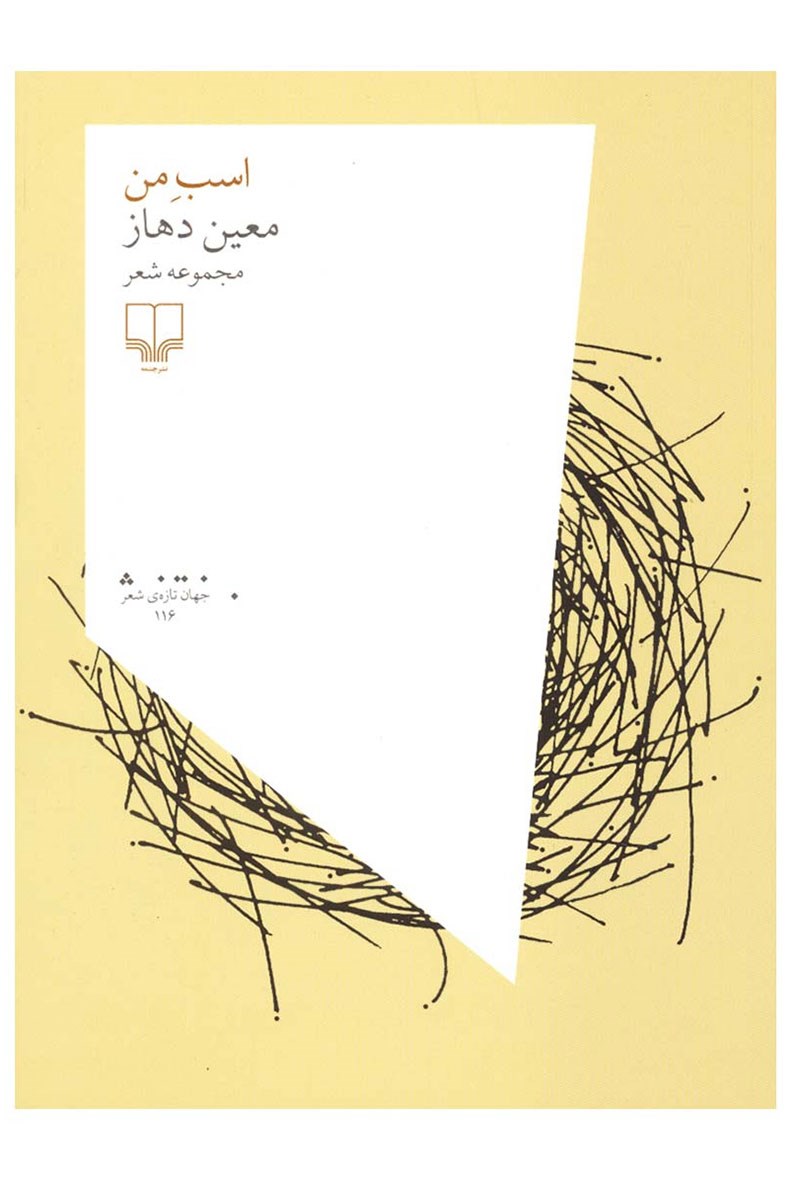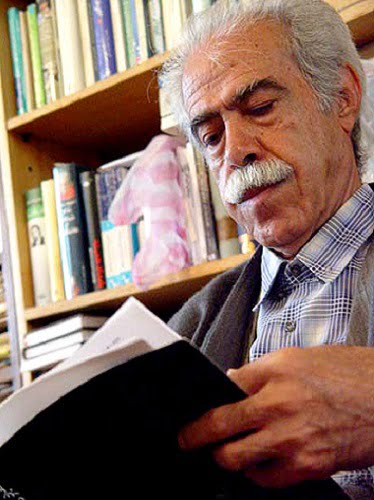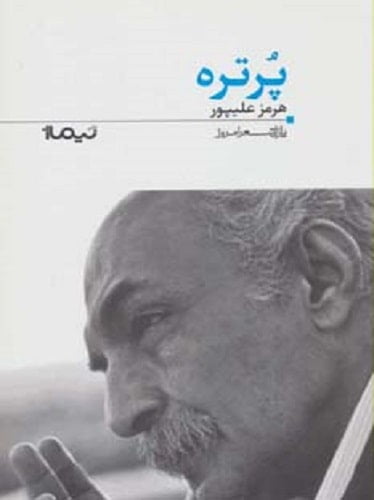گذشته و پنج شعر دیگر از لوییز گلیک
زبان شعر لوییز گلیک زبانی پیچیده نیست. اما این سادگی با منشوری از احساسات انسانی، گذر عمر و جوانی، و جلوههای طبیعت غنی شده است. تنها تعداد کمی از اشعار گلیک به فارسی درآمده است به همین علت وقتی از شعر و زبان او صحبت میکنیم معیار دقیقی در دست نداریم. به همین دلیل روبرت صافاریان پنج شعر کوتاه از لوییز گلیک را به فارسی برگردانده است. اینجا میتوانید اصل شعر را به زبان انگلیسی بخوانید.
زبان شعر لوییز گلیک زبانی پیچیده نیست. اما این سادگی با منشوری از احساسات انسانی، گذر عمر و جوانی، و جلوههای طبیعت غنی شده است. تنها تعداد کمی از اشعار گلیک به فارسی درآمده است به همین علت وقتی از شعر و زبان او صحبت میکنیم معیار دقیقی در دست نداریم. به همین دلیل روبرت صافاریان پنج شعر کوتاه از لوییز گلیک را به فارسی برگردانده است. اینجا میتوانید اصل شعر را به زبان انگلیسی بخوانید.
The Past / ۲۰۱۴
Louise Glück – 1943-
Small light in the sky appearing
suddenly between
two pine boughs, their fine needles
now etched onto the radiant surface
and above this
high, feathery heaven—
Smell the air. That is the smell of the white pine,
most intense when the wind blows through it
and the sound it makes equally strange,
like the sound of the wind in a movie—
Shadows moving. The ropes
making the sound they make. What you hear now
will be the sound of the nightingale, Chordata,
the male bird courting the female—
The ropes shift. The hammock
sways in the wind, tied
firmly between two pine trees.
Smell the air. That is the smell of the white pine.
It is my mother’s voice you hear
or is it only the sound the trees make
when the air passes through them
because what sound would it make,
passing through nothing?
The Myth of Innocence // ۲۰۰۶
Louise Glück – 1943-
One summer she goes into the field as usual
stopping for a bit at the pool where she often
looks at herself, to see
if she detects any changes. She sees
the same person, the horrible mantle
of daughterliness still clinging to her.
The sun seems, in the water, very close.
That’s my uncle spying again, she thinks—
everything in nature is in some way her relative.
I am never alone, she thinks,
turning the thought into a prayer.
Then death appears, like the answer to a prayer.
No one understands anymore
how beautiful he was. But Persephone remembers.
Also that he embraced her, right there,
with her uncle watching. She remembers
sunlight flashing on his bare arms.
This is the last moment she remembers clearly.
Then the dark god bore her away.
She also remembers, less clearly,
the chilling insight that from this moment
she couldn’t live without him again.
The girl who disappears from the pool
will never return. A woman will return,
looking for the girl she was.
She stands by the pool saying, from time to time,
I was abducted, but it sounds
wrong to her, nothing like what she felt.
Then she says, I was not abducted.
Then she says, I offered myself, I wanted
to escape my body. Even, sometimes,
I willed this. But ignorance
cannot will knowledge. Ignorance
wills something imagined, which it believes exists.
All the different nouns—
she says them in rotation.
Death, husband, god, stranger.
Everything sounds so simple, so conventional.
I must have been, she thinks, a simple girl.
She can’t remember herself as that person
but she keeps thinking the pool will remember
and explain to her the meaning of her prayer
so she can understand
whether it was answered or not.
The Night Migrations // 2006
Louise Glück – 1943-
This is the moment when you see again
the red berries of the mountain ash
and in the dark sky
the birds’ night migrations.
It grieves me to think
the dead won’t see them—
these things we depend on,
they disappear.
What will the soul do for solace then?
I tell myself maybe it won’t need
these pleasures anymore;
maybe just not being is simply enough,
hard as that is to imagine.
Sunset
At the same time as the sun’s setting,
a farm worker’s burning dead leaves.
It’s nothing, this fire.
It’s a small thing, controlled,
like a family run by a dictator.
Still, when it blazes up, the farm worker disappears;
from the road, he’s invisible.
Compared to the sun, all the fires here
are short-lived, amateurish—
they end when the leaves are gone.
Then the farm worker reappears, raking the ashes.
But the death is real.
As though the sun’s done what it came to do,
made the field grow, then
inspired the burning of earth.
So it can set now.
from A Village Life
First Snow
Like a child, the earth’s going to sleep,
or so the story goes.
But I’m not tired, it says.
And the mother says, You may not be tired but I’m tired—
You can see it in her face, everyone can.
So the snow has to fall, sleep has to come.
Because the mother’s sick to death of her life
and needs silence.
from A Village Life


